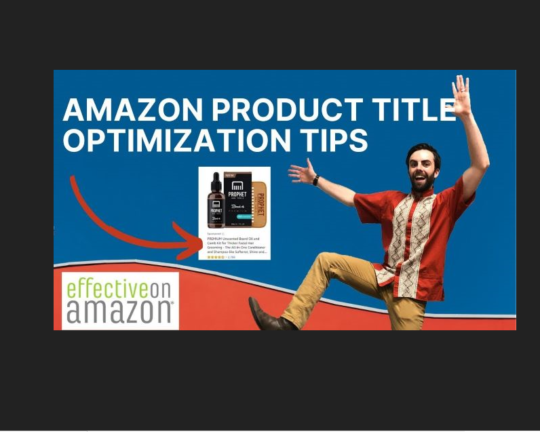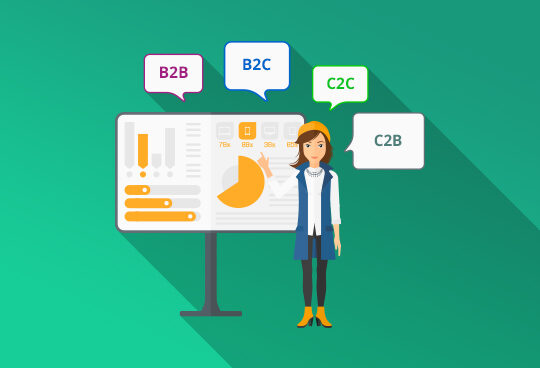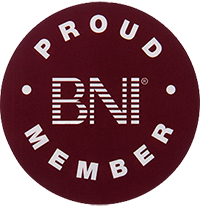Any word of advice or feedback about this article? Let us know below.
Establishing an online store is one of the quickest and most profitable ways to kickstart your own business. Though, while operating your own online store can offer you control; it comes with its own set of decisions.
An eCommerce platform or in other words a web storefront permits you to present your product catalogue and gets it easy for the buyer to explore your products. It also notifies you once the order is placed and can be incorporated to the website or backend systems.
Envision that you set up your very own online store – display product images and descriptions, link to a shopping cart, and begin.
Next, begin the more difficult task. As your sales start to soar high, you must deal with and grow where you sell your products; manage inventory, shipping, handle taxes, etc. Why not simplify your job?
Here is what Lata did!
Lata has a business that sells women’s apparel. Each year, her business has scaled up – and now it is turned into a profitable store.
Though recently, her sales have not been escalating. She wants to hike her profits, grow her business, and reach more client base. She makes up her mind that the best option she can choose is she can begin selling online. She can sell in two manners – either through her own store or via a marketplace.
In present times, it is not just sufficient to set up an online store with specifications and features.
Fair user experience, cordial Customer support, multi-channel friendliness is all required for a successful online store – and here comes the eCommerce platform in the picture. It can aid in doing just that!
Now, the question is: Which of the eCommerce platform should she choose to host her website on?
Lata makes up her mind that she wants to pick an eCommerce platform for her store.
She pens down a comparison of her options across several benchmarks:
- Simplicity of Use
- Pricing
- User Interface Friendliness
- Customer Assistance
- Highlights
- Classification
- Best suitable for
This is Lata’s cheat sheet –
| SHOPIFY | MAGENTO | BIGCOMMERCE | OPENCART | WORDPRESS | |
| Category: | Hosted Software | Self-Hosted | Hosted Software | Self-Hosted | Self-Hosted |
| Simplicity of Use | Simple for newbie, explicit instructions regarding adding products, etc. | Tough to use and set up. Hard to deal with and operate without prior technical know-how. | Clear and easy interface. Simplicity in using | Requires prior technical know-how. | A high ease of set-up. |
| Pricing | Zero Hosting fees. A transaction fee is moderately higher. | Zero cost for Community Edition. Costly Enterprise Edition. | Pricing at par with Shopify | Free | Free |
| User Interface Friendliness | Easy and User-Friendly. Less loading time. Inbuilt payment provider. | User-Friendly interface. Restricted free themes. Sharp learning curve. | Huge variety of themes. Permits high customization. Has embedded shopping quotes, gift certificates, review of products and marketing tools. | Fundamental designs and less variety. Excess of paid extensions. Huge set-up time, difficult for first-timers. | a fair number of add-ons and themes. Highly user friendly and customizable. |
| Customer Assistance | 24X7 customer support right from the beginning to end | Fair enough for Enterprise edition. Restricted community edition. | 24×7 email and chat support. Involves on-call time constraints. | Restricted customer support. | Supported by the vast WordPress support community. |
| Provides blogging platform and integration with social media. Involves automated tax-rate calculation. Includes Built-In Analytics. | Offers social media, payment provider customer management integration. Permits back-end configurations. | Permits integration with payment gateways and social media platforms. Lacks blogging platforms like Shopify. | Provides characteristics like management of orders, multi-language and multi-payment gateway support. Offers to rate of products and multiple tax rates. | Primary online store features. Customizable. Has built-in analytics and multiple payment gateway support. | |
| Best suitable for | Small size and medium-size enterprises. | Suitable for small businesses for community edition and large-scale business for Enterprise edition. | Suitable for medium size and large size retailers. | Suitable for small and medium-sized businesses. | Suitable only for small scale businesses. Not appropriate for medium and large-scale businesses. |
A “one-size-fits-all” eCommerce platform solution does not exist. Each platform is created to meet and cater to specific business requirements and objectives. Selecting the ideal Commerce platform can be simple if you assess the platforms and settle on the one that suits the budget and vision you have for your online store.
By using this cheat sheet, you can now focus on your options of eCommerce platforms. Still, this is merely a front-end where your clients can place their orders. You are still required to process all the orders, inventory and returns and deal with the optimization of your operations. By owning an eCommerce order management and fulfilment solution, you can:
- Merge all your orders from multiple sales channels
- Expand your customer reach by selling on marketplaces
- Handle your orders, inventory, and returns from a single interface.
- Systematize your operations.
All that Lata needed was an eCommerce order management system and so does your business.
Fast Trade is a multichannel order management solution that facilitates you to cope up with your orders, inventory and returns with no need for technical knowledge, heavy investment and low TCO.
Any word of advice or feedback about this article? Let us know below.













